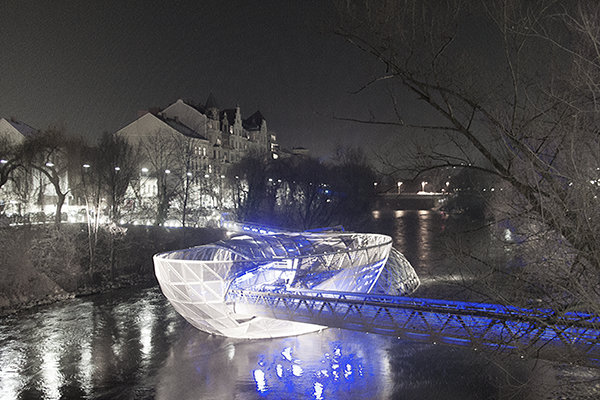Stormwater and Urban Resilience or Impacts of Hydro Vulnerability in Rural and Urban Areas in Brazil
Keywords:
Rainwater, Rainwater harvesting, use of RainwaterAbstract
The Global Climate Change on water resources has led to intensification of extreme events. Scenarios for 2050 presented on the 5th IPCC report (REVI et al, 2014) to highlight the risk of worsening water shortage in regions, which currently have sensitivity to drought and excess of these areas of flooding. The direct use of rainwater can mitigate the impacts of extreme events of drought and flood. The comparative analysis of rainwater harvesting techniques in rural and urban areas allows both diagnose potential coexistence with the semiarid region, as alternatives to large more resilient cities. Deepens the issue in two case studies. The first takes place in the Brazilian semiarid region, whose recurring living with water stress problems, enabled the implementation of the Government Program P1MC
- Program 1 Million Cisterns, which already has more than 500,000 built cisterns (ASA, 2014), resulting in the change of water supply to the families of the northeastern countryside. The second occurs in urban areas and discusses the potential for development of greening techniques in constructed surfaces (vegetated surfaces) capturing rain and surface waters stimulating both the use of non-noble uses, as the strategic use, the retention of a reservoir retardation, mitigating the burden on urban drainage system and collaborating with the reduction of flooding. In this context, whether in urban or rural areas, rainwater harvesting shown as an alternative inducing more resilient environments.
Downloads
Downloads
Published
How to Cite
Issue
Section
License
Authors who publish in this journal agree to the following terms:
a) Authors retain the copyright and grant the journal the right of first publication, with the Project simultaneously licensed under the Creative Commons Attribution License that allows the sharing of the Project with recognition of the authorship and initial publication in this journal.
b) Authors are authorized to assume additional contracts separately for the non-exclusive distribution of the version of the Project published in this journal (e.g., publishing in an institutional repository or as a book chapter), indicating that it was originally published in this journal, with a link to the article.








 Todo o conteúdo de Cadernos de Pós-Graduação em Arquitetura e Urbanismo está licenciado sob
Todo o conteúdo de Cadernos de Pós-Graduação em Arquitetura e Urbanismo está licenciado sob 